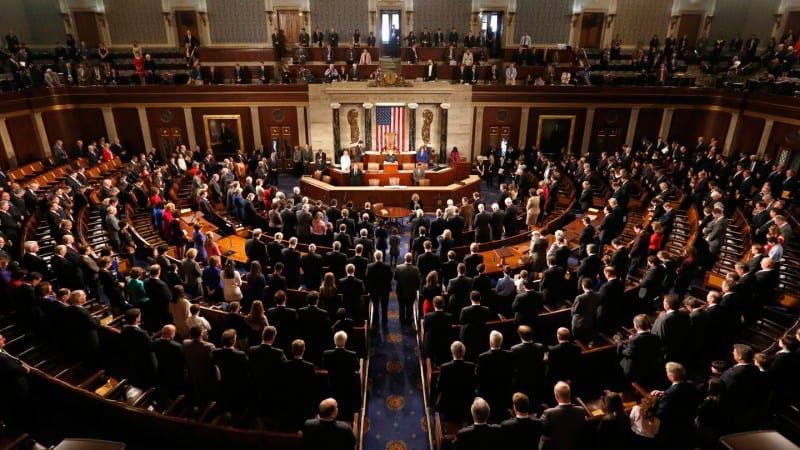UNCF Urges Swift Senate Passage; Disappointed in Objection to FUTURE Act

Media Contact
Monique LeNoir UNCF Communications 202.810.0231 monique.lenoir@uncf.org
Nearly 50,000 emails call for immediate approval of $85 million annually to help HBCUs with STEM outcomes
UNCF opposes Senate objections to the bipartisan, bicameral H.R. 2486, the Fostering Undergraduate Talent by Unlocking Resources for Education (FUTURE) Act, which extends funding to support Historically Black Colleges and Universities (HBCUs), Tribal Colleges and Universities (TCUs), and Minority-Serving Institutions (MSIs) such as Hispanic-Serving Institutions (HSIs), Predominantly Black Institutions (PBIs), and Asian / Pacific Islander Institutions. Collectively, the bill provides $255 million in mandatory funding for the institutions, with $85 million going specifically to HBCUs, to enhance outcomes for in-demand careers in science, technology, engineering, and mathematics (STEM) professions. Today, Sen. Lamar Alexander (TN), Chairman of the Health, Education, Labor, Pensions (HELP) Committee, objected to the passage of the FUTURE Act, hoping to use the bill as a vehicle for additional proposals.
“I am disappointed. HBCUs have shown to be bipartisan in all congressional action in recent memory,” said Michael L. Lomax, president and CEO of UNCF. “For good reason: HBCUs are primarily located in the South and are the backbone of the economies where they are located. HBCUs are a major resource for education to African Americans. For both parties, it is a no-brainer to allow the passage of the FUTURE Act. I hope the Senate will consider, immediately, allowing swift passage of the FUTURE Act, just as I witnessed the House do on Tuesday evening from the gallery. Then, I want to sit down with Republicans and Democrats in both Chambers and help everyone hammer out long-term solutions in higher education, including for HBCUs. I have spent over fifty years of my life in higher education, and I know the importance of the HEA. However, first things first—pass the FUTURE Act.”
“HBCUs have no higher priority than the FUTURE Act,” said Lodriguez Murray, UNCF’s senior vice president for public policy and government affairs. “There is a fiscal cliff for HBCUs, TCUs, and MSIs. That judgement day is September 30, 2019. UNCF and every HBCU wants some advancements on the Higher Education Act (HEA), but we should be able to pass a two-year extension on these important funds while working on the larger landscape of higher education.”
“HBCUs have made great strides in the STEM majors in recent years. Now, we graduate 21% of all African American STEM graduates, enrolling a total of 10% of all African American students. That performance is only possible because of these mandatory funds authorized by FUTURE. The Senate can prevent a doomsday scenario for HBCUs, TCUs, and MSIs and the over 4 million students they serve by simply passing this bill prior to the deadline in only 11 days’ time,” Murray concluded.
UNCF began the “Protecting Our FUTURE” campaign around the FUTURE Act. In this month alone, nearly 50,000 emails and calls have bombarded Capitol Hill, raising the profile of both HBCUs and the FUTURE Act. UNCF will continue to rally the community’s support for this legislation until it becomes law.
###
About UNCF
UNCF (United Negro College Fund) is the nation’s largest and most effective minority education organization. To serve youth, the community and the nation, UNCF supports students’ education and development through scholarships and other programs, strengthens its 37 member colleges and universities, and advocates for the importance of minority education and college readiness. UNCF institutions and other historically black colleges and universities are highly effective, awarding nearly 20 percent of African American baccalaureate degrees. Today, UNCF supports more than 60,000 students at more than 1,100 colleges and universities across the country. Its logo features the UNCF torch of leadership in education and its widely recognized motto, “A mind is a terrible thing to waste.”® Learn more at UNCF.org, or for continuous updates and news, follow UNCF on Twitter at @UNCF.